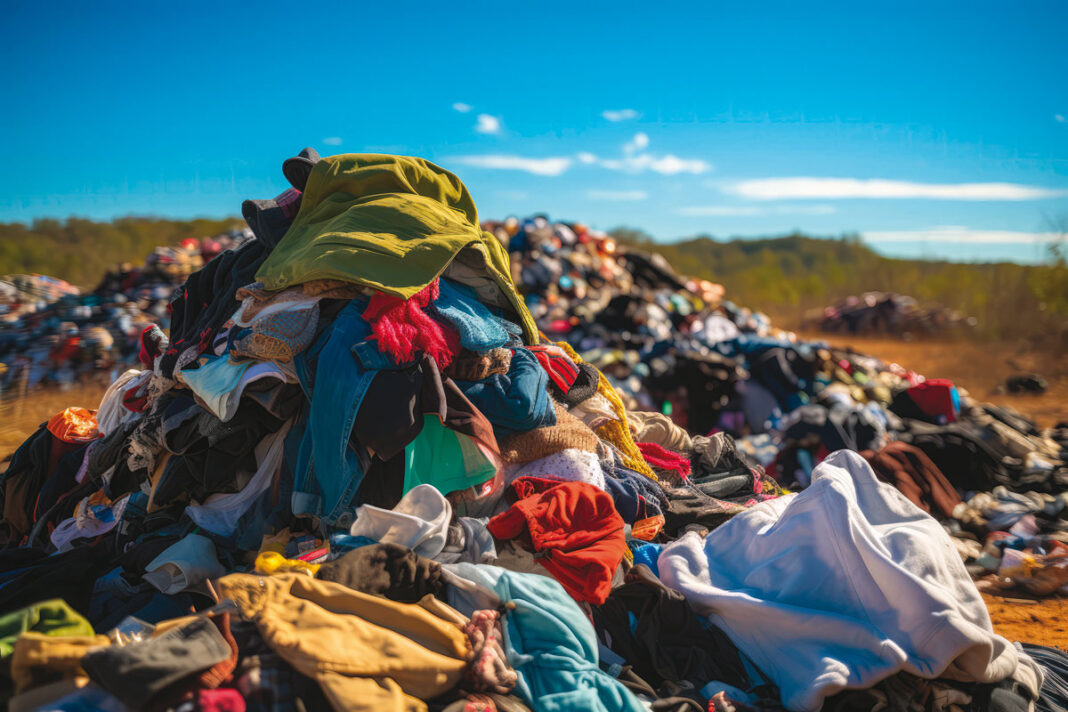MEPs have just voted on the European Parliament's position on the ecodesign regulation for sustainable products. Friends of the Earth France welcomes the vote on this key text in the fight against overproduction, but warn about the “blind spot” that constitutes online sales, which risks strongly limiting the impact of the measures voted on.
The ecodesign regulation for sustainable products is a text structuring European ambitions to reduce the impact of our production methods. It is at the heart of the European action plan on the circular economy and must enable the implementation of the European strategy for sustainable textiles.. One of the key measures of the text concerns the establishment of mandatory environmental standards (carbon footprint, repairability, recyclability…) for products sold on the European market. In the event that a product does not meet these criteria, its marketing would be prohibited. It is therefore a powerful tool to limit, For example, the quantity of polluting clothing produced for the European market. Please note that social criteria are currently excluded from the regulation. Friends of the Earth deplores the “lack of ambition” of European legislators on this subject. “It is now crucial to combine the environmental impact of consumer goods with respect for human and social rights during their production”, declares the association.
A “major flaw” in the regulation
 Friends of the Earth welcomes the adoption by the European Parliament of the immediate ban on the destruction of unsold clothing and electrical and electronic equipment. This measure even goes beyond French law because, in the European text, recycling of unsold products is also prohibited for new goods. " However, the lack of ambition regarding online sales, excluded from most of the measures adopted, is regrettable”, judge Friends of the Earth. Environmental associations had already warned of what they consider to be a “major flaw” in the regulation, which leaves the field open to e-commerce players “already not very respectful of the laws in force” and which creates a profoundly unfair situation towards physical sales, to which the adopted measures apply. This text, which nevertheless constitutes a major advance in the fight against overproduction and pollution of products “must go further, at the risk of seeing its real effectiveness severely limited”.
Friends of the Earth welcomes the adoption by the European Parliament of the immediate ban on the destruction of unsold clothing and electrical and electronic equipment. This measure even goes beyond French law because, in the European text, recycling of unsold products is also prohibited for new goods. " However, the lack of ambition regarding online sales, excluded from most of the measures adopted, is regrettable”, judge Friends of the Earth. Environmental associations had already warned of what they consider to be a “major flaw” in the regulation, which leaves the field open to e-commerce players “already not very respectful of the laws in force” and which creates a profoundly unfair situation towards physical sales, to which the adopted measures apply. This text, which nevertheless constitutes a major advance in the fight against overproduction and pollution of products “must go further, at the risk of seeing its real effectiveness severely limited”.












